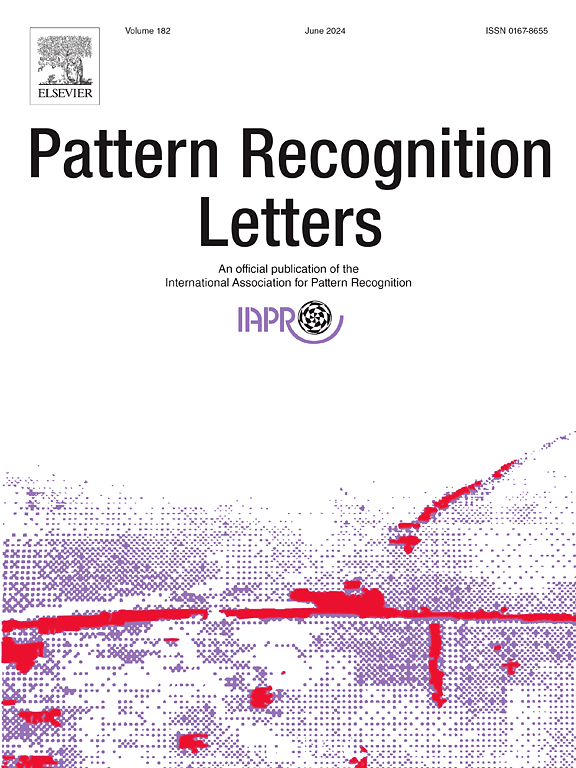在隐私感知抑郁检测中混淆说话者属性的影响
IF 3.9
3区 计算机科学
Q2 COMPUTER SCIENCE, ARTIFICIAL INTELLIGENCE
引用次数: 0
摘要
从口语内容中检测抑郁症状已经成为诊断这种严重精神疾病的有效人工智能(AI)工具。由于语音是一种高度敏感的数据形式,因此需要采取加强隐私保护的措施才能使这项技术发挥作用。增强语音隐私的常见方法是使用对抗学习,即在保持主要任务性能的同时隐藏说话者的特定属性/身份。虽然这种技术在语音识别等应用中效果很好,但由于某些说话者属性与抑郁检测性能之间的相互作用,它们在抑郁检测中往往不起作用。本文通过系统研究通过对抗学习混淆特定说话者属性(年龄、教育程度)如何影响抑郁检测模型的性能,来研究这种相互作用。我们强调了两个以前未探索过的说话者属性与抑郁检测的相关性,同时考虑了多模态(音频-文字)设置,以突出混淆下模态的相对脆弱性。在一个公开的、经过临床验证的抑郁检测数据集上得出的结果表明,试图通过对抗学习来区分年龄/教育属性会导致抑郁检测准确率大幅下降,尤其是对于文本模态。这就要求我们重新审视抑郁症检测和任何以人为中心的应用应如何实现隐私保护。本文章由计算机程序翻译,如有差异,请以英文原文为准。
On the effects of obfuscating speaker attributes in privacy-aware depression detection
Detection of depressive symptoms from spoken content has emerged as an efficient Artificial Intelligence (AI) tool for diagnosing this serious mental health condition. Since speech is a highly sensitive form of data, privacy-enhancing measures need to be in place for this technology to be useful. A common approach to enhance speech privacy is by using adversarial learning that involves concealing speaker’s specific attributes/identity while maintaining performance of the primary task. Although this technique works well for applications such as speech recognition, they are often ineffective for depression detection due to the interplay between certain speaker attributes and the performance of depression detection. This paper studies such interplay through a systematic study on how obfuscating specific speaker attributes (age, education) through adversarial learning impact the performance of a depression detection model. We highlight the relevance of two previously unexplored speaker attributes to depression detection, while considering a multimodal (audio-lexical) setting to highlight the relative vulnerabilities of the modalities under obfuscation. Results on a publicly available, clinically validated, depression detection dataset shows that attempts to disentangle age/education attributes through adversarial learning result in a large drop in depression detection accuracy, especially for the text modality. This calls for a revisit to how privacy mitigation should to be achieved for depression detection and any human-centric applications for that matter.
求助全文
通过发布文献求助,成功后即可免费获取论文全文。
去求助
来源期刊

Pattern Recognition Letters
工程技术-计算机:人工智能
CiteScore
12.40
自引率
5.90%
发文量
287
审稿时长
9.1 months
期刊介绍:
Pattern Recognition Letters aims at rapid publication of concise articles of a broad interest in pattern recognition.
Subject areas include all the current fields of interest represented by the Technical Committees of the International Association of Pattern Recognition, and other developing themes involving learning and recognition.
 求助内容:
求助内容: 应助结果提醒方式:
应助结果提醒方式:


